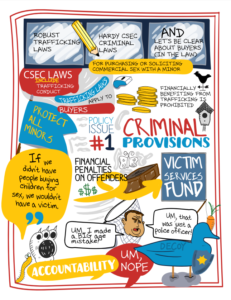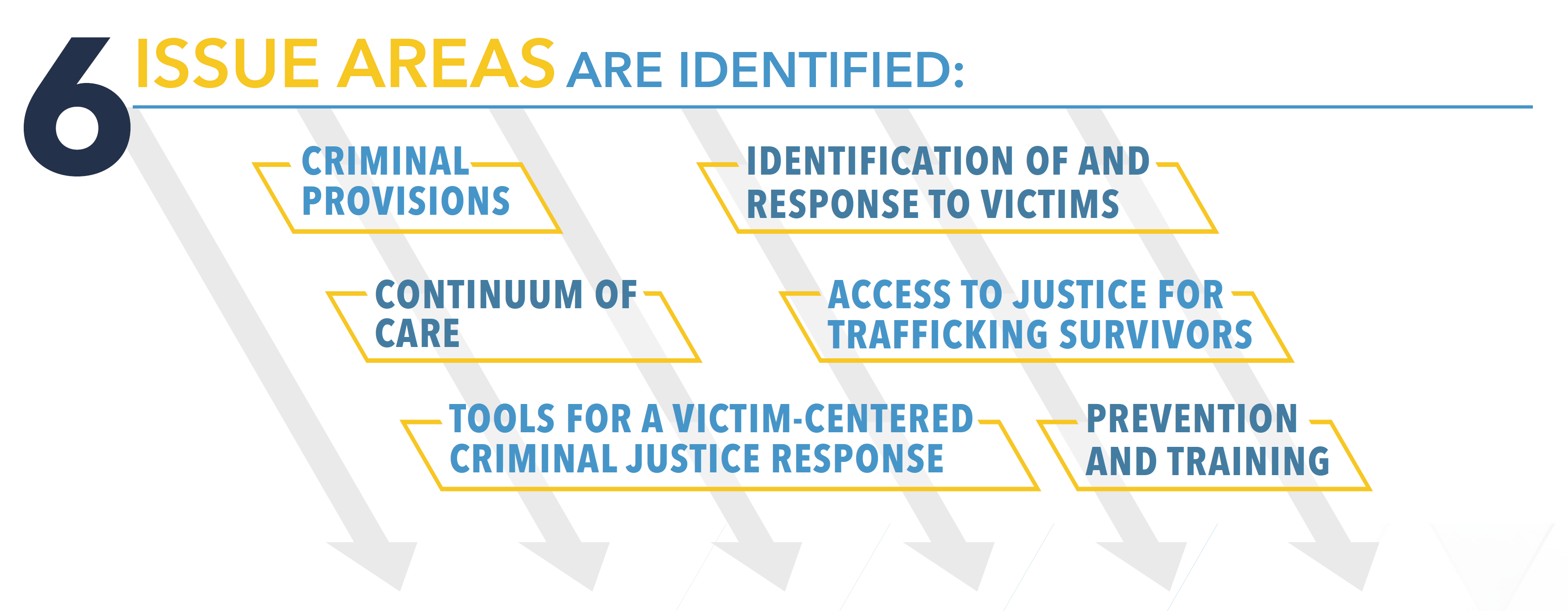Join us November 17th for the release of Shared Hope International’s inaugural Report Cards on Child & Youth Sex Trafficking! These new report cards will be graded under an advanced legislative framework, taking Shared Hope’s State Report Cards project to the next stage in fighting sex trafficking and protecting victims! We will be releasing the new report cards live at our JuST Conference and streaming the release on our Facebook page. You can also sign up now to receive your state’s report card via text or email as soon as it is released on November 17:
History of Shared Hope International’s State Report Cards
The Protected Innocence Challenge project was Shared Hope’s vision for mobilizing collective state action to ensure national change. Ten years of grassroots mobilization, advocacy, technical assistance, and consistent collaboration allowed this vision to become reality. All states now have a child sex trafficking law and, collectively, the country has made exciting progress to provide imperative protections and access to specialized services for child survivors. However, despite this progress, critical gaps in state laws remain.

The Report Cards on Child & Youth Sex Trafficking will move to the next stage in challenging states to fight child sex trafficking in the United States. By applying the advanced legislative framework, these new report cards shift the focus from criminal laws, which have been strengthened across the country over the past 10 years, towards the next level of legislative change, which is ensuring that robust and trauma-informed protections are in place for trafficking victims and populations especially vulnerable to trafficking victimization.
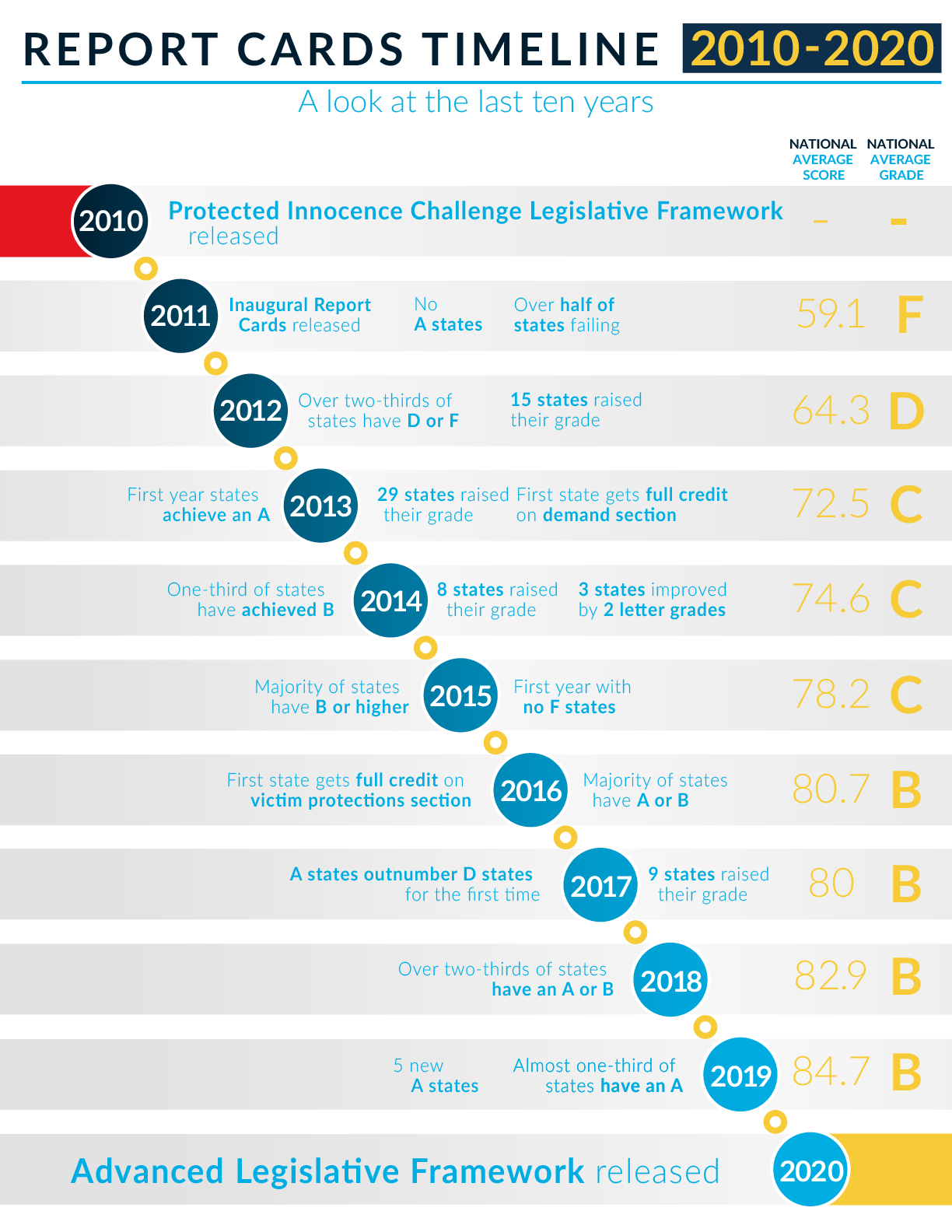
The Next Stage of Anti-Trafficking Policy Reform
Ten years of analyzing state laws led to new research and opportunities to listen to survivors and stakeholders, providing waves of information that require us to confront where gaps remain and how states’ progress has not been consistent in all areas of the framework. What we heard, and responded to, was a call to raise the bar for states…to build on the foundation of progress by further improving protections for child sex trafficking victims.
If you’d like to learn more about how this next stage in state grades will move anti-trafficking efforts to the next level, join us for a live Facebook briefing in October! We will share the date and time closer to the event, but like and follow us on Facebook now so you’ll receive an alert when we go live.



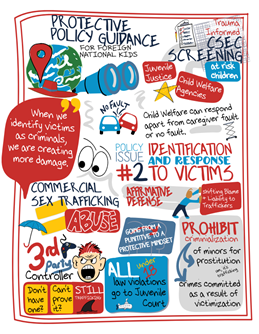
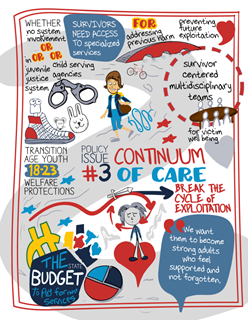 Issue area #3, Continuum of Care, addresses the need of more services for victims of child and youth sex trafficking and vulnerable populations.
Issue area #3, Continuum of Care, addresses the need of more services for victims of child and youth sex trafficking and vulnerable populations.